This Sheba breed of guinea pig is a little different from their long-haired siblings! They’ve got medium length hair, and aren’t quite considered a long-haired breed, but their hair isn’t short either. As a whole, Sheba guinea pigs aren’t officially recognized as their own breed yet!
Origins
The Sheba guinea pigs originate from the combination of long-haired Peruvian guinea pigs and the short-haired Abyssinian in Australia. Through the breeding process of these two, we get a happy medium of them, medium hair.
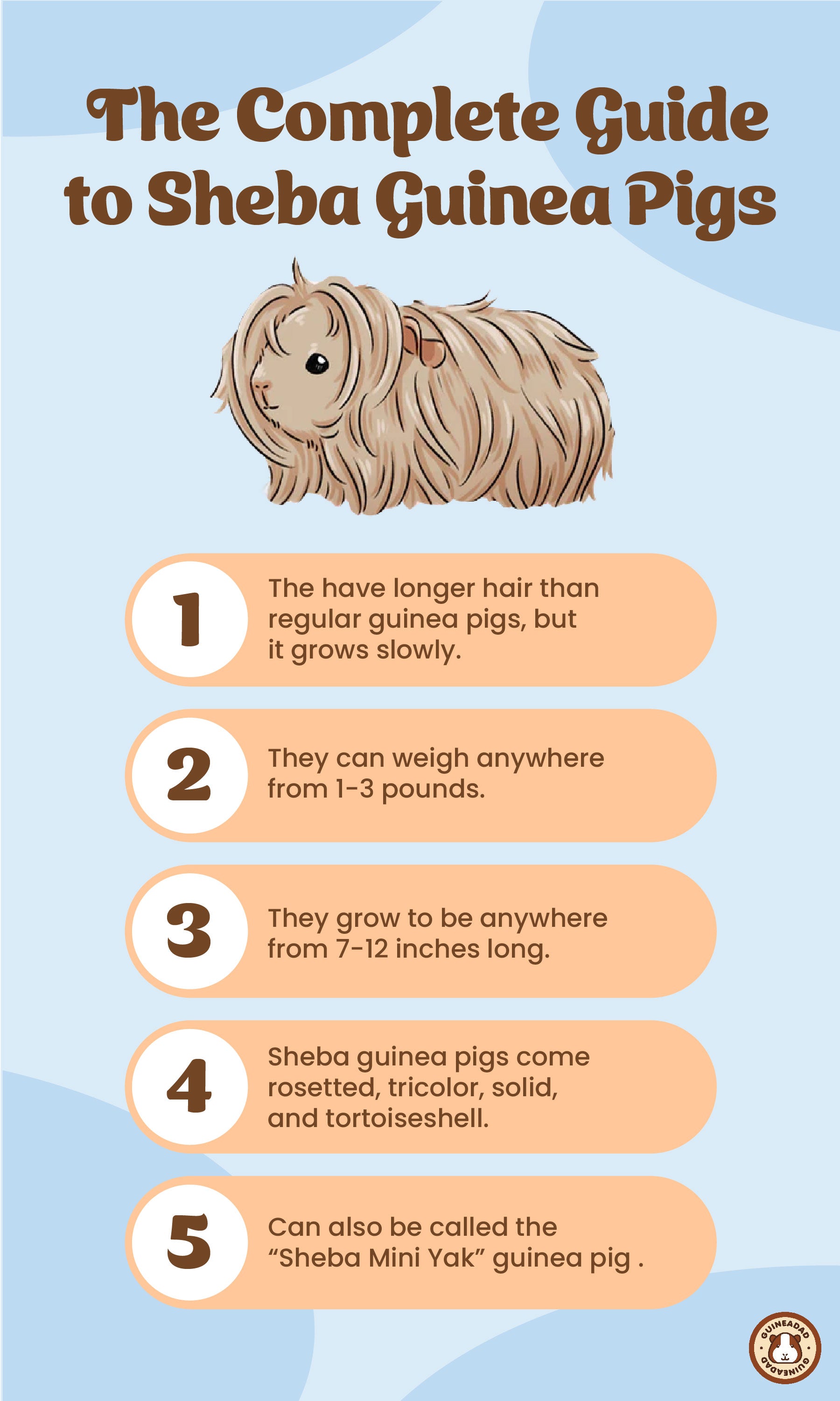
Physical Characteristics of Sheba Guinea Pigs
These guinea pigs have longer hair than regular guinea pigs, but it grows so slowly compared to that of Silkies or other long-haired guinea pigs. Shebas can weigh anywhere from 1-3 pounds, and grow to be 7-12 inches long. They can come in rosetted, tricolor, solid, or tortoiseshell coats, and have also been called the “Sheba Mini Yak” because they resemble the animal a bit!
Personality
These guinea pigs are very curious and gentle, and are quite social and love attention. In general, guinea pigs are pack animals that enjoy the companionship of each other, and thrive much better when they’ve got friends to be around! It increases their brain stimulation and encourages activity. Of course, guinea pigs have their own personalities that are affected by their living environment, so each piggy can be a little different!
Diet
In general, guinea pigs need a constant supply of hay and water, pellets, and around a cup of fruits and vegetables to supplement other nutrients they need, such as vitamin C, calcium, and others. Younger guinea pigs need more calcium than older ones, but older ones need more vitamin C. It’s important to make sure that your guinea pig has a balanced diet that doesn’t consist too much of any one thing.
Sheba Guinea Pig Grooming
Even though they have longer hair, they don’t require haircuts very often because their hair grows really slowly! You can brush their hair to make sure it doesn’t get tangled or matted, and they only need to bathe to remove pee and poop from their fur to prevent fly strike.
Pedicures
On average, guinea pigs need their nails to be trimmed at least once a month, but the actual frequency that your piggy will need depends on a lot of factors, such as their diet and their level of activity. For example, a more active guinea pig will run around more often and will naturally wear down their nails and might not need a trim once a month.
On the other hand, older guinea pigs with low levels of activity, they might need trims more often if they’re sitting in one spot and not running around as much.
In general, many guinea pigs have a low tolerance for nail clipping, so you’ll need to be very patient with them! It could be best to only trim one or two at a time, and to take breaks whenever your guinea pigs begin to get fussy. Don’t force it, and take it slow!
If possible, make guinea pig nail trimming a two-person job with one person gently holding the piggy so their feet aren’t dangling, while the other does the clipping. If the piggy pedicure has to be a one person job, you can gently swaddle or wrap the piggy in a blanket, and then hold them like a football. We recommend the pouch from the Offbeat Piggy Play Package to gently hold the guinea pig while you administer the trim!
Pedicure Tools
You can utilize nail clippers that are meant for small animals! Make sure you’re careful and don’t trim your guinea pig’s nails too short. This can cause bleeding, which can be stopped by applying styptic powder, or by gently pressing a paper towel to the affected area until it stops.
Dental Care
Note that guinea pig teeth are growing constantly, especially if their diet is rich in Vitamin C. However, their teeth are naturally worn down to normal lengths by the foods they eat. If they don’t eat enough hay or fruits and vegetables, their teeth won’t wear down properly, and this can lead to impaction, which can be painful for your piggies. When this happens, a visit to your vet becomes necessary for treatment.
Common health issues in Sheba Guinea Pigs
Unfortunately, guinea pigs are prone to some health issues even if they seem to be perfectly healthy! There are some things you should look out for, that way you can get them the treatment they need if they happen to contract something.
Respiratory Infections
Pneumonia is one of the more prevalent diseases that guinea pigs tend to suffer from because of the bacteria that they pick up from their surroundings. According to research done by VCA Animal Hospitals, guinea pigs become carriers of the bacteria that cause pneumonia and stay asymptomatic—VCA calls these bacteria “opportunistic,” because they become dangerous when factors of the guinea pig’s health status allow for them to be. This includes stress or other illnesses that render the immune system weaker than normal.
Symptoms include inability to eat, discharge from the eyes and/or nose, sneezing and trouble breathing. If your guinea pig has any of these symptoms, see your vet. They can take cultures of the discharge from their eyes and nose to help them figure out what’s going on with your guinea pig!
We believe that the number one way that we can prevent infections by ensuring that their living environment stays clean and hygienic! Our GuineaDad Premium Liners are made with fibers coated in an antibacterial agent that inhibits bacterial growth.
Diarrhea
Guinea pigs have very delicate digestive systems, which makes them susceptible to issues involving it. When it comes to their diet, too much water or too much fiber can cause an upset in their usual digestion and cause diarrhea. With this comes loss of appetite, dehydration, weight loss, and things like low body temperature.
Scurvy
Like humans, guinea pigs can’t create their own vitamin C within their bodies, and need outside sources of it, especially as they get older. A deficiency of vitamin C can be detrimental to their health, as it can cause them to be more likely to contract diseases and infections.
Symptoms include things like rough hair, loss of appetite, diarrhea, decreased mobility, and swollen feet or joints are likely to be vitamin C deficient.
Urinary Problems
Guinea pigs are prone to the development of bladder stones, and usually form in the bladder or in the kidneys, or the tubes that drain the kidneys called ureters. When stones are lodged in the ureter or obstruct the urethra, it can become life threatening. Surgery is necessary to remove the stones a lot of the time, but regular check-ups with your vet can prevent emergencies such as these.
Bumblefoot
This is when sores form at the bottom the feet from pressure, which usually comes from the guinea pig being overweight. The sores can be painful and result in inability to be properly mobile. Treatment for this can be a little difficult, but a visit to your vet and following their treatment suggestions such as surgery, bandages, and antibiotics can alleviate the pain for your guinea pig.
One way you can relieve some of the pain that your guinea may experience in their little feet is by using the Guinea Dad Premium Liners. These liners are made to be easy on their feet and soft to the touch for pure guinea pig comfort bliss.
Cage Size
According to the Humane Society, guinea pigs need a minimum of 7.5 square feet of space, but in general, a guinea pig needs companionship to thrive, so it's best to have two guinea pigs. This would mean they need a minimum of 10.5 square feet. You want to give them as much space as possible so they can roam around freely and be active, therefore staying healthy and youthful.
The Offbeat Piggy Condo C&C cage is the best and safest guinea pig cage out there, and especially when paired with the GuineaDad Premium Liners, they make the perfect combo.
Where to find your own Sheba Guinea Pigs
As mentioned before, Sheba guinea pigs are a breed that you don’t find often. If you happen to be able to find them around you, it's most ethical to adopt your guinea pigs from a shelter if possible. It’s common for new guinea pig owners to give them up for adoption quickly after acquiring them when they’re not prepared for the amount of care their guinea pig needs—especially if they’re higher maintenance and have special care needs.
Some guinea pigs in the shelters have been mistreated and not properly cared for in the past, prior to their arrival at the shelter. Shelters do the best they can, but many have limited resources in helping hands and funds, and they take in and care for as many guinea pigs as they can. When we adopt from the shelter, guinea pig parents not only provide better customized care for each guinea pig, but also help free up rescue centers' capacity to help more animals in need.
If guinea pigs aren’t available at your local shelter, you can “rescue” them from a pet shop, since some pet shops may not be able to put as much of their time and resources towards specialized care for the guinea pigs, because they have so many other types of animals to look after as well. This can especially be the case when it comes to piggies that have special needs.
What’s left to know?
Once you’ve read and learned more about Sheba guinea pigs and the kind of care that they require to live comfortably and happily, you can decide whether or not you’re up to making the commitment of caring for one!









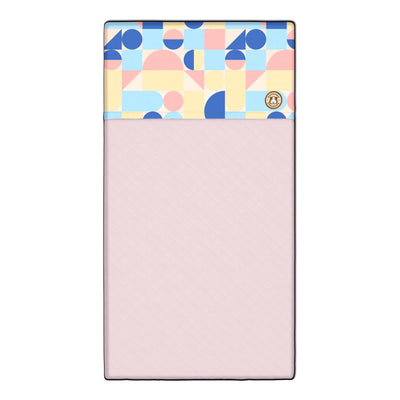
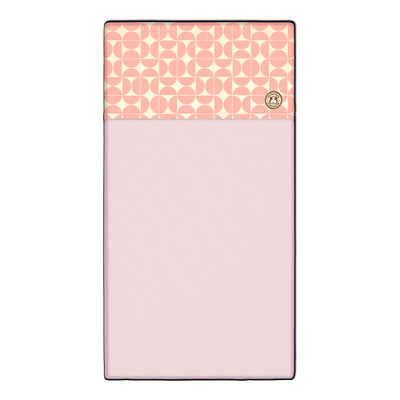
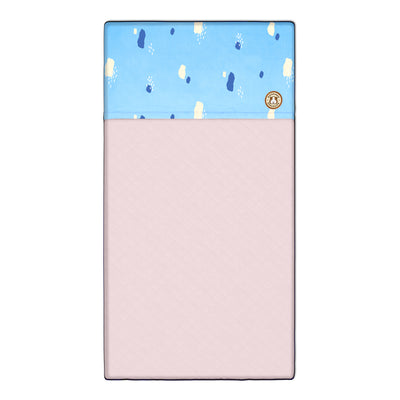
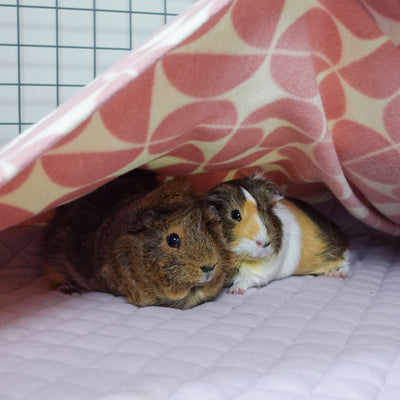
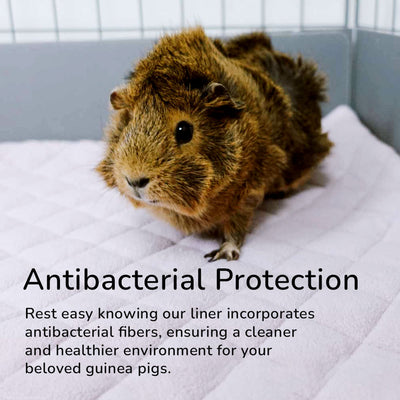
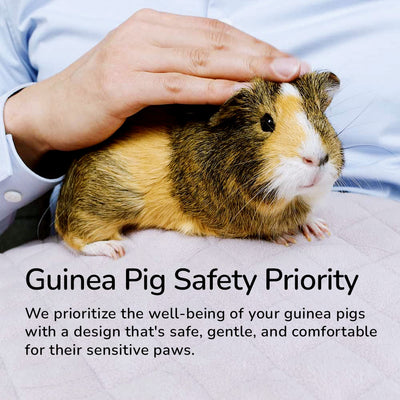



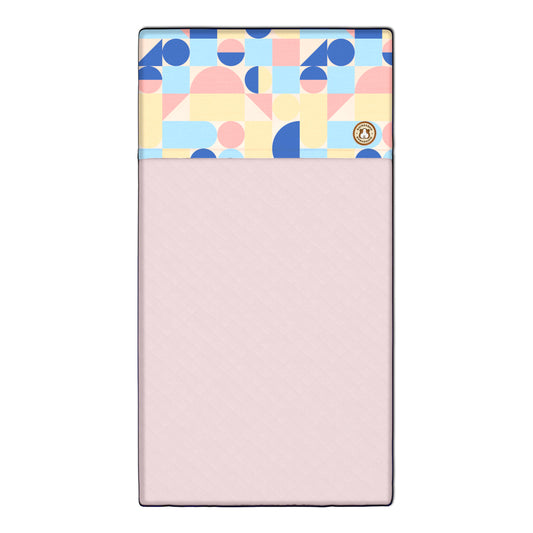



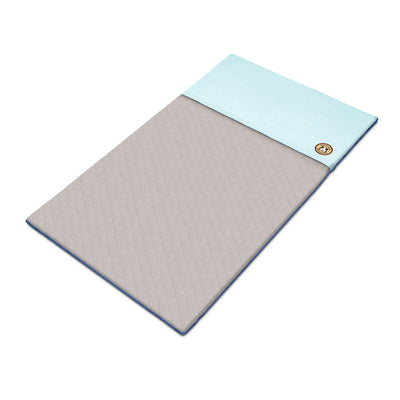
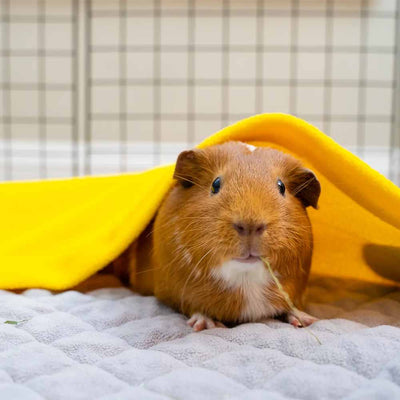
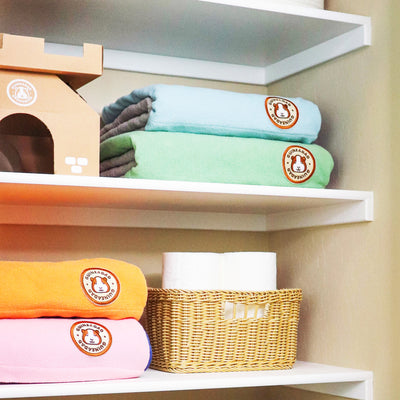
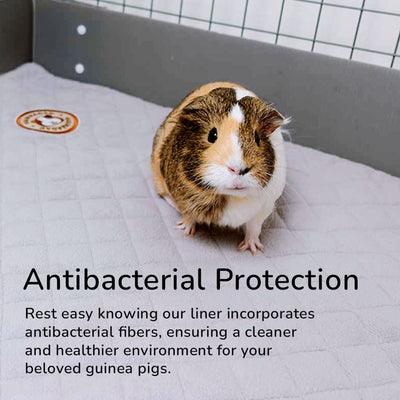
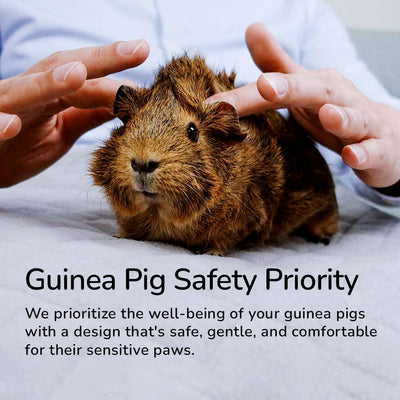

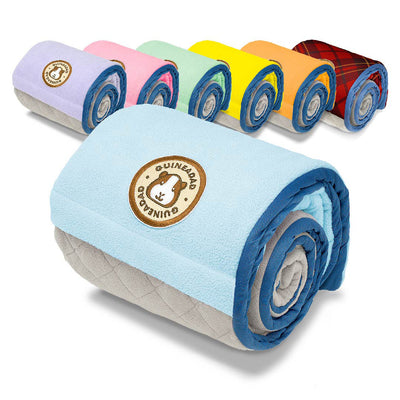


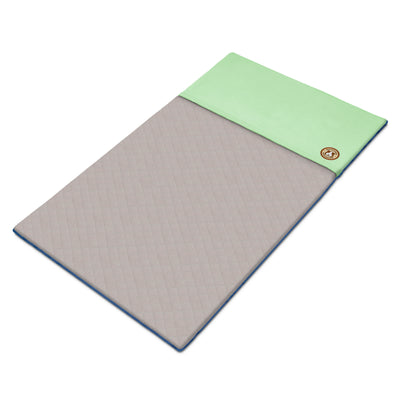
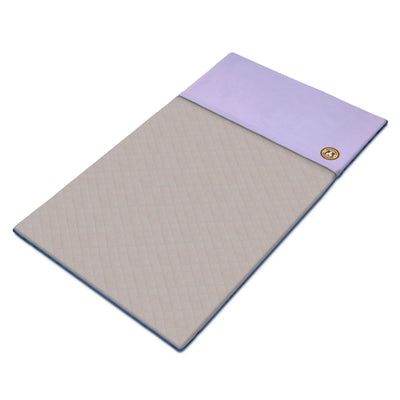
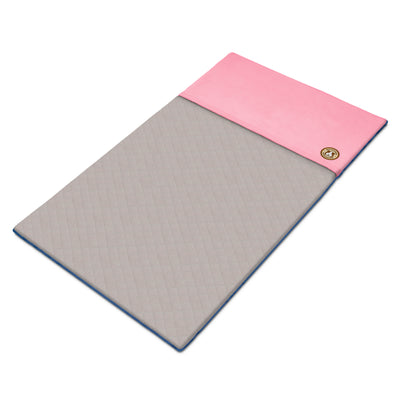
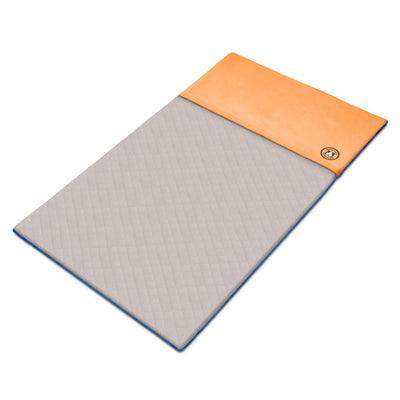
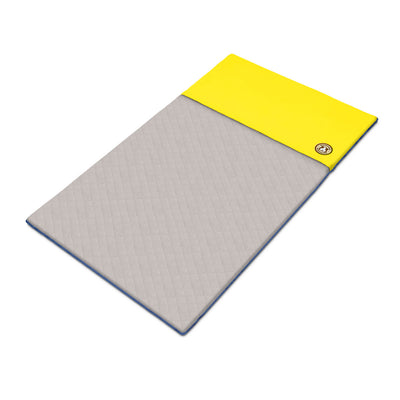
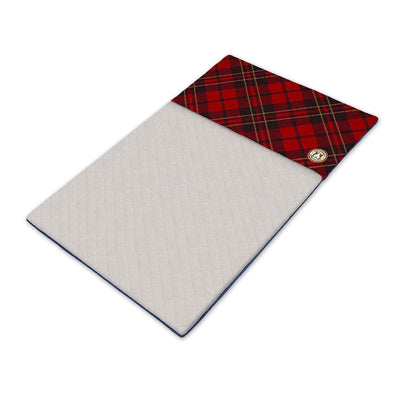
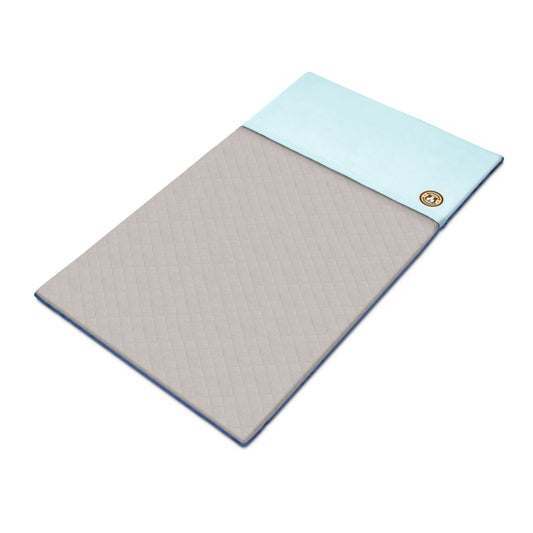







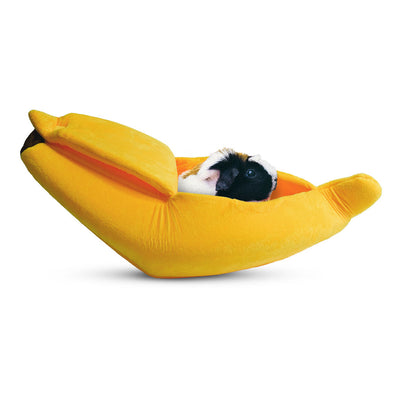

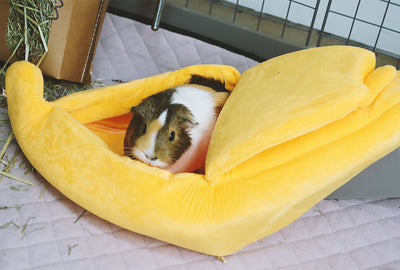


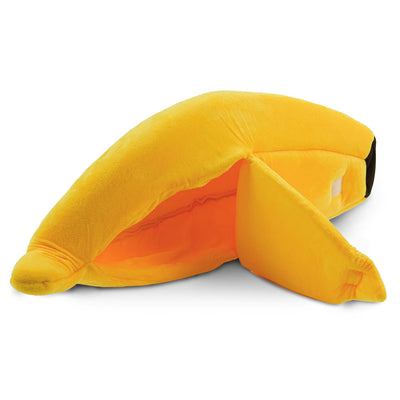
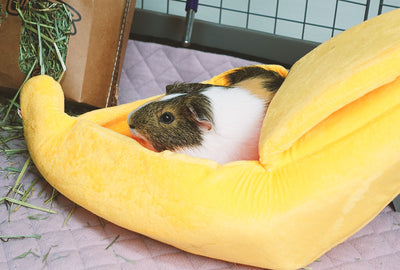
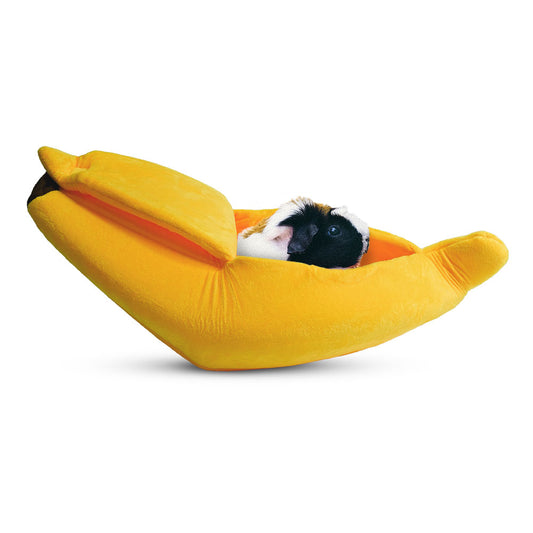
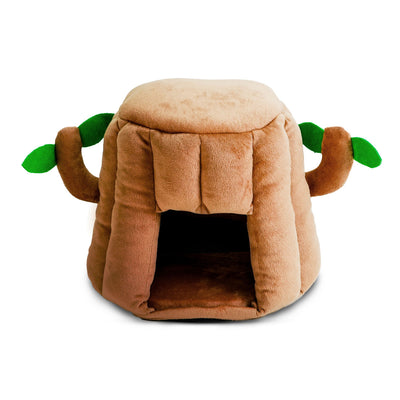
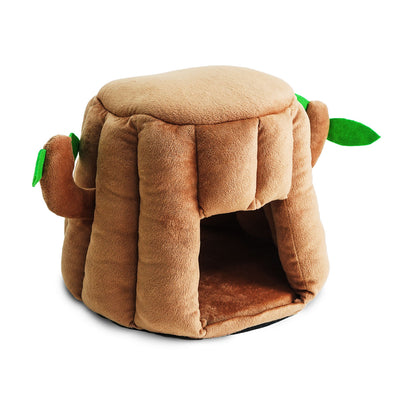
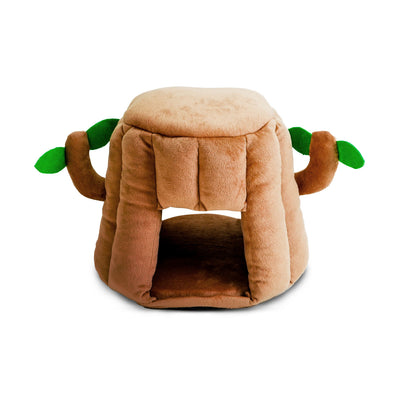
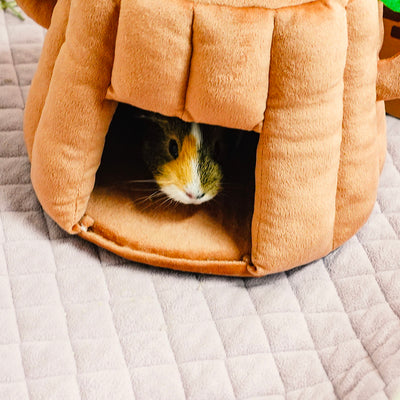
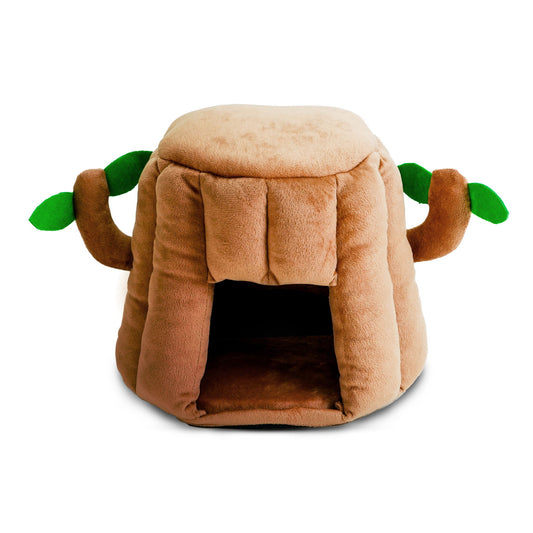
2 comments
I had a male Sheba in my herd up until last summer when he passed away suddenly. He was the friendliest, most confident guinea pig I’ve ever met and I miss him every day. Because of him, Shebas are my favorite breed of guinea pig. If you’re lucky enough to stumble on one do yourself a favor and get them. I know I did. You won’t regret it.
Hi I was wondering if a lion’s mane and a sheba are the same thing??